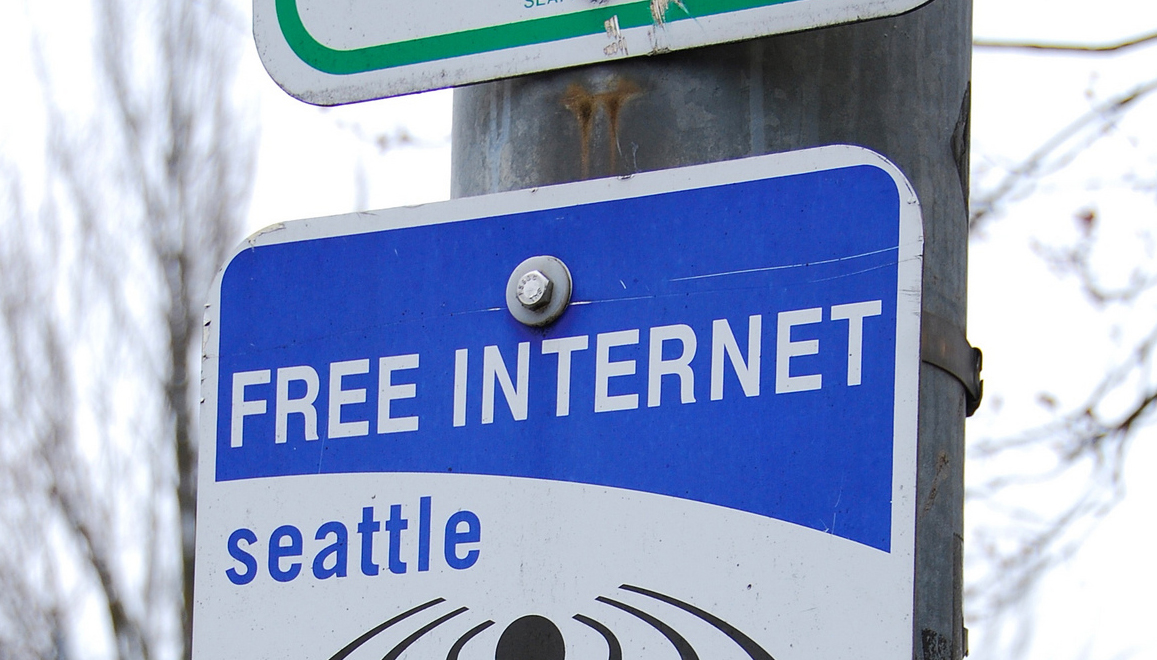Congressional Democrats Propose Legislation To Preserve Net Neutrality

(afagen)
House and Senate Democrats today introduced a bill to reinstate net neutrality. At a short two pages, the Open Internet Preservation Act of 2014 (HR 3982; PDF) calls for the net neutrality rule to be restored “during the period beginning on the date of the enactment of this Act and ending on the date when the Commission takes final action in the proceedings remanded to the Commission in that decision.”
In other words, the proposed law would restore the previously existing net neutrality rule as a stop-gap until the FCC came up with a permanent solution. It’s an interim measure, designed to help consumers and prod the FCC into taking action sooner rather than later.
Representatives Henry Waxman and Anna Eshoo of California introduced the House bill; Senator Ed Markey of Massachusetts introduced the Senate bill.
Delara Derakhshani, policy counsel for Consumers Union, said, “No consumer should pay more or be stuck with slower speeds because their provider picks winners and losers among sites and services. The legislation announced today would restore the equal, essential balance and access that the Internet was built on. As the FCC considers all of the ways to address the problem permanently, we would strongly urge them to consider reclassifying the Internet as a telecommunications service.”
Advocacy groups have been calling on the FCC to to re-establish the rule by reclassifying broadband providers since the day that net neutrality was overturned.
A petition hosted by Free Press gathered over one million signatures. Several advocacy groups together delivered it to FCC chairman Tom Wheeler in person on January 30, along with a letter co-signed by over 80 organizations including familiar names like the ACLU, MediaMatters, and reddit.
The petition asks the FCC to reclassify broadband ISPs as common carriers, which would then make them subject to rules prohibiting them to discriminate among traffic types. A former chairman of the FCC has also called on the FCC to make the classification change.
Wheeler responded to the petition, saying:
“We interpret the court decision as an invitation and we will accept that invitation. One of the great things about what the Internet does and why it needs to stay open, it enables people to organize and express themselves. A million people? That’s boffo. You will see some specifics coming out shortly. We are looking at all the tools in the toolbox and we will be forthcoming with our plan and rationale shortly.”
In addition to changing the classification of broadband ISPs, tech watchers have also suggested the FCC could also reinterpret part of the Telecommunications Act of 1996, called section 706, to exert broader regulatory control over broadband competition.
Wheeler said last week that the FCC would handle disputes on a case-by-case basis for the time being, but that the agency was “on top of the issue.”
Want more consumer news? Visit our parent organization, Consumer Reports, for the latest on scams, recalls, and other consumer issues.

